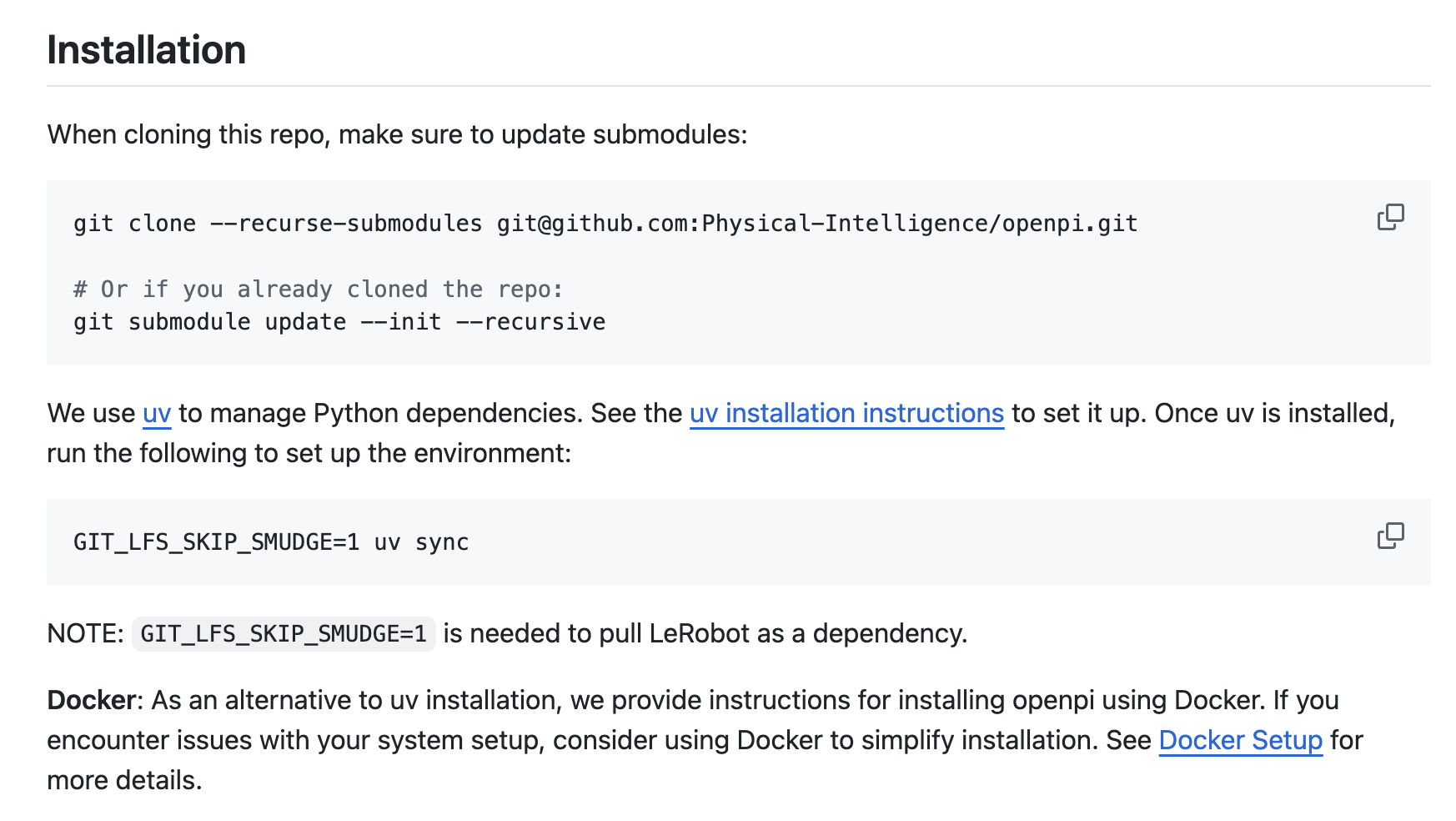
Challenges in Robotics and the Need for General-Purpose Models
Robots often struggle to adapt to different tasks and environments. General-purpose robotic models are designed to solve this issue by allowing customization for various tasks. However, maintaining consistency across different platforms remains difficult, and pre-trained models may not always be effective.
Current Limitations
Currently, most robotic control systems rely on task-specific models that lack flexibility. Each task requires a different model, making integration inefficient. This leads to compatibility issues across platforms, reducing reliability and adaptability. Many attempts to adjust models for new tasks often fail, highlighting the need for better learning techniques in robotics.
Introducing π0: A Versatile Robotic Foundation Model
To address these challenges, researchers have developed π0, a robotic foundation model that provides general-purpose control across different tasks and robots. Unlike traditional models, π0 combines vision, language, and action using a flow-based diffusion approach. It has been trained on over 10,000 hours of robotic data, offering pre-trained checkpoints for easy customization.
Key Features of π0
- Integrates vision, language, and action for better adaptability.
- Provides pre-trained models for fine-tuning on specific platforms.
- Alternative version π0-FAST follows language instructions more accurately, although it requires more processing time.
- Open-source availability allows researchers to fine-tune it for their robots.
Practical Applications and Future Prospects
The π0 framework includes pre-trained models and the ability to fine-tune them for various tasks like cleaning, folding, and object manipulation. The open repository offers model weights, example codes, and fine-tuned checkpoints for platforms like DROID and ALOHA. Fine-tuning typically requires 1 to 20 hours of data, depending on the robot and task.
Collaboration and Research Opportunities
By making π0 available, researchers aim to advance robotic learning and AI systems capable of understanding real-world interactions. While challenges in adaptation persist, the open-sourcing of π0 encourages experimentation and collaboration in the field of robotics.
Engage with Us
For more details, visit the GitHub Page. All credit for this research goes to the project researchers. Follow us on Twitter, join our Telegram Channel, and be part of our LinkedIn Group. Don’t forget to join our 75k+ ML SubReddit.
Transform Your Business with AI
Stay competitive by utilizing π0, a general-purpose robotic foundation model that can be fine-tuned for diverse tasks. Discover how AI can enhance your workflow:
- Identify Automation Opportunities: Find key customer interaction points that can benefit from AI.
- Define KPIs: Ensure your AI initiatives have measurable impacts on business outcomes.
- Select an AI Solution: Choose tools that align with your needs and allow for customization.
- Implement Gradually: Start with a pilot project, gather data, and expand AI usage wisely.
For AI KPI management advice, contact us at hello@itinai.com. For ongoing insights into leveraging AI, follow us on Telegram or @itinaicom.
Explore how AI can redefine your sales processes and customer engagement at itinai.com.


























